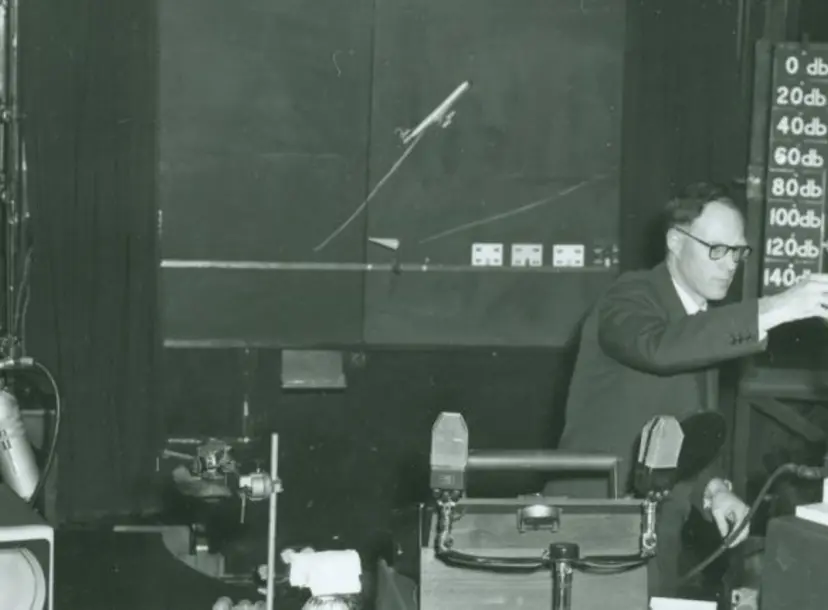While these days the Royal Institution is best known for the CHRISTMAS LECTURES, the Friday Evening Discourses are an equally important part of the events programme and have been running almost as long.
The Discourses started out in 1825 as informal evenings but soon became so popular that the format had to shift to a more formal lecture in the theatre to accommodate the larger audience. Most major scientific figures have given a Discourse, communicating their latest discovery or idea and making these talks a window on the world of Victorian science.
Over time, the Discourses have collected all sorts of traditions, one of which is that the lecturer enters as the lecture theatre clock strikes the hour and talks until it chimes again. Not many people manage to time this right but the worst culprit has to be Richard Owen, who was so enthusiastic about the idea of setting up a ‘National Museum of Natural History’ that he spent two hours telling the audience all about it.
Unfortunately we don’t know what he actually said, which is unusual for a Discourse as from 1851 to 2001 most of them were published, although generally in a style that is more a tidied-up record of the actual lectures than an academic paper.
These papers are a wonderful resource, but hidden away in our archive vault we have something even better: recorded discourses stretching back over sixty years and including both key talks by well known scientists, such as Kathleen Lonsdale talking about 'Women in Science' in 1970. Not only that but there are recordings of several lectures where no paper was ever published, if only Owen had given his talk in 1961 rather than 1861 we might have had a chance to hear it (all two hours of it).
The recordings are pretty basic, made with a fixed microphone mounted on the lecture bench, but they capture the character of the speaker and the tone of the lecture in a way that the published accounts can’t: you might not be able to see what’s going on in the lecture but you can listen in.
You can also read a scanned copy of the paper which will give you a nice potted history of the discovery, but listening to a bit of the recording reminds you that Bragg knew all the main characters personally and has plenty of anecdotes to prove it, in many ways the part which didn’t make it to the paper is more interesting.
As I work in Heritage and Collections I suppose I might be a little biased but listening to the tape made me wonder why we’ve not done anything with this collection before, there must be all sorts of gems lurking there.
Listen to today's lectures
You can now listen to recordings of some of our most recent lectures on the Ri's Soundcloud. Highlights include Discourses by Stephen Curry and Judith Howard (the first of our all-female 2014 lineup). Coincidentally, both of these are on crystallography so you can see how that science and our recording techniques have moved on in the last 60 years.
At the time of writing, in February 2014, Jane Harrison was the Documentation Manager in the Ri's Heritage and Collections team. She was responsible for co-ordinating the cataloguing of the Ri’s historic apparatus, archive and image collections and was also studying for a Masters in Digital Heritage at the University of Leicester supported by a Freer Educational Trust scholarship.
Discourses are back
The pandemic forced us to pause the world's longest-running series of science lectures, and we are so glad now to announce that Discourses have returned to the Ri.
This blog was first published in February 2014 but has been updated in November 2022.
